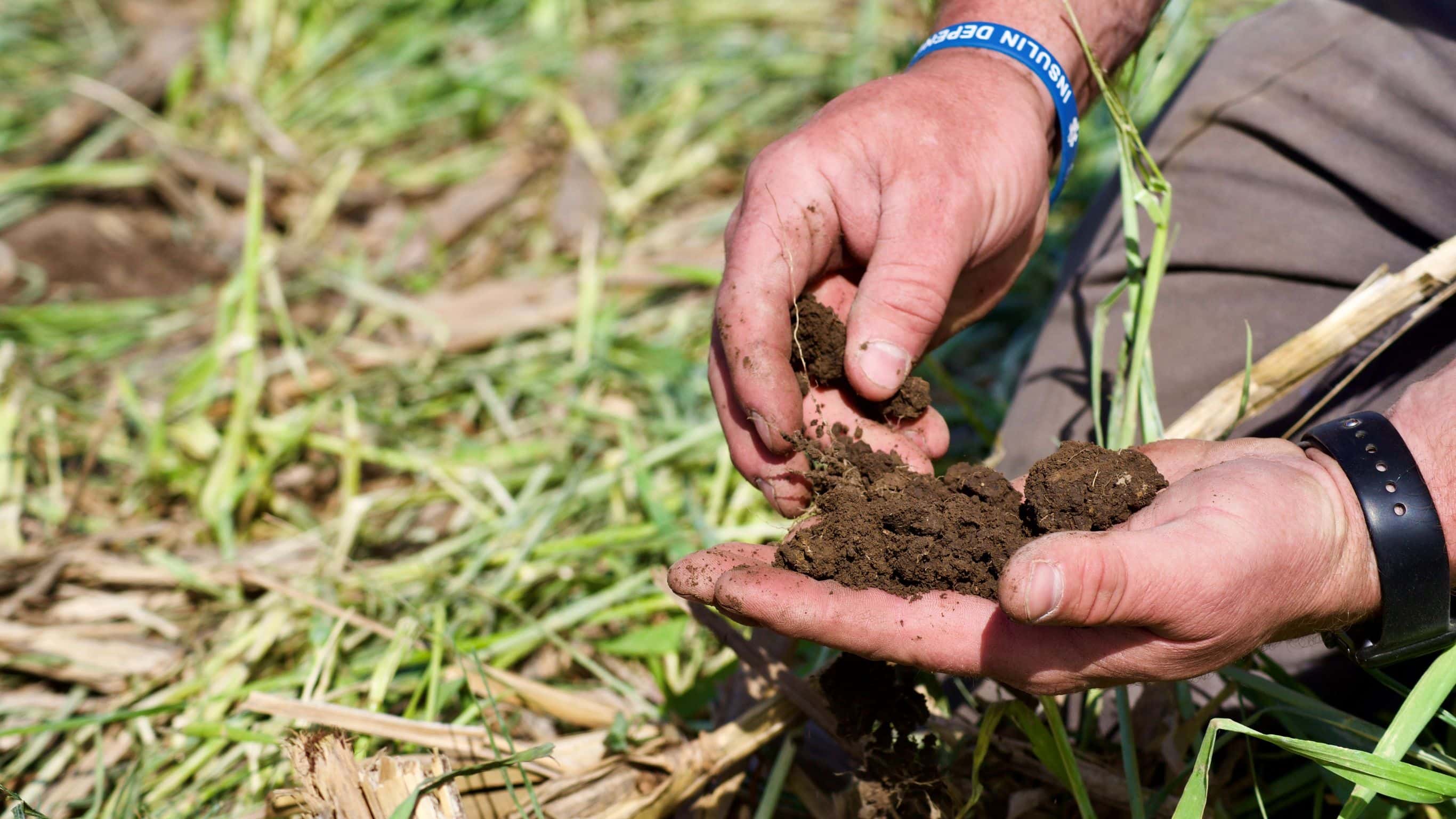Key Takeaways:
- Soil Disease Suppression: Zhou et al. (2023) investigate the capacity of soils to suppress diseases, mainly focusing on the rhizosphere's role in preventing pathogen establishment in plants.
- Impact of Agricultural Management: The study compares monocropping and crop rotation, finding that monocropping leads to less effective microbial assemblies in suppressing peanut root rot disease.
- Depletion and Restoration of Key Taxa: Monocropping depletes key rhizosphere taxa, reducing the soil's capacity to protect plants. However, supplementing these depleted strains can restore resistance against pathogens.
- Role of Native Soil Microbes: The research underscores the significant role native soil microbes play in combating disease and supporting plant health.
- Potential of Microbial Inocula: Findings suggest the potential of using microbial inocula to regenerate soils' natural disease-fighting capacity, indicating a promising direction for sustainable agriculture.
Rhizosphere Microbiomes's Role in Disease Suppression
Zhou et al. (2023) delve into the fascinating world of soil health, specifically examining how different agricultural management practices influence the soil's natural ability to suppress diseases. The study focuses on the rhizosphere—the zone of soil influenced by root secretions and associated with the roots of plants—and its critical role in preventing pathogen establishment.
Agricultural Management and Disease Suppression
Through a series of field, greenhouse, and laboratory experiments, the researchers compare the effects of monocropping and crop rotation on the capacity of rhizosphere microbiomes to suppress peanut root rot disease. The findings reveal that monocropping, a practice where the same crop is grown repeatedly over seasons, results in microbial communities that are less effective at disease suppression compared to those found in soils managed with crop rotation.
The Depletion and Restoration of Key Microbial Taxa
One of the study's significant insights is the identification of key rhizosphere taxa that are depleted in monoculture systems. These microbes, disadvantaged in the competition for limited resources like root exudates, are crucial for protecting plants against pathogens. Intriguingly, the researchers demonstrate that supplementing these depleted strains can effectively restore the soil's disease resistance, offering a potential strategy for enhancing soil health.
The Crucial Role of Native Soil Microbes
Zhou et al.'s research highlights the vital role that native soil microbes play in maintaining plant health and fighting off diseases. These native populations evolved and adapted to local conditions, forming a first line of defense against pathogen invasion, underscoring the importance of preserving and understanding soil microbial diversity.
Potential of Microbial Inocula
The study opens up promising avenues for using microbial inocula to regenerate and boost the natural disease-fighting capacity of soils. This approach could revolutionize agricultural practices, moving towards more sustainable and environmentally friendly methods that leverage the power of native microbial communities.
Read more here.


